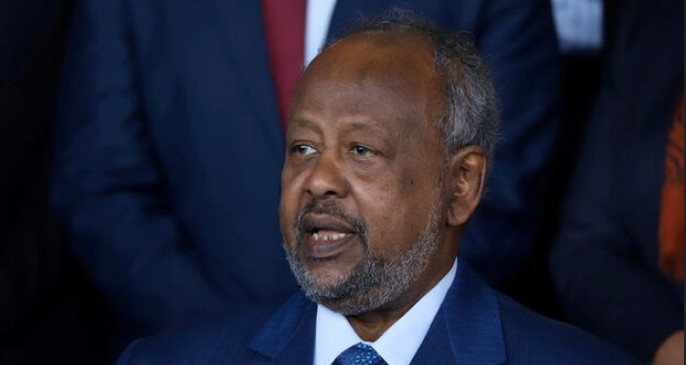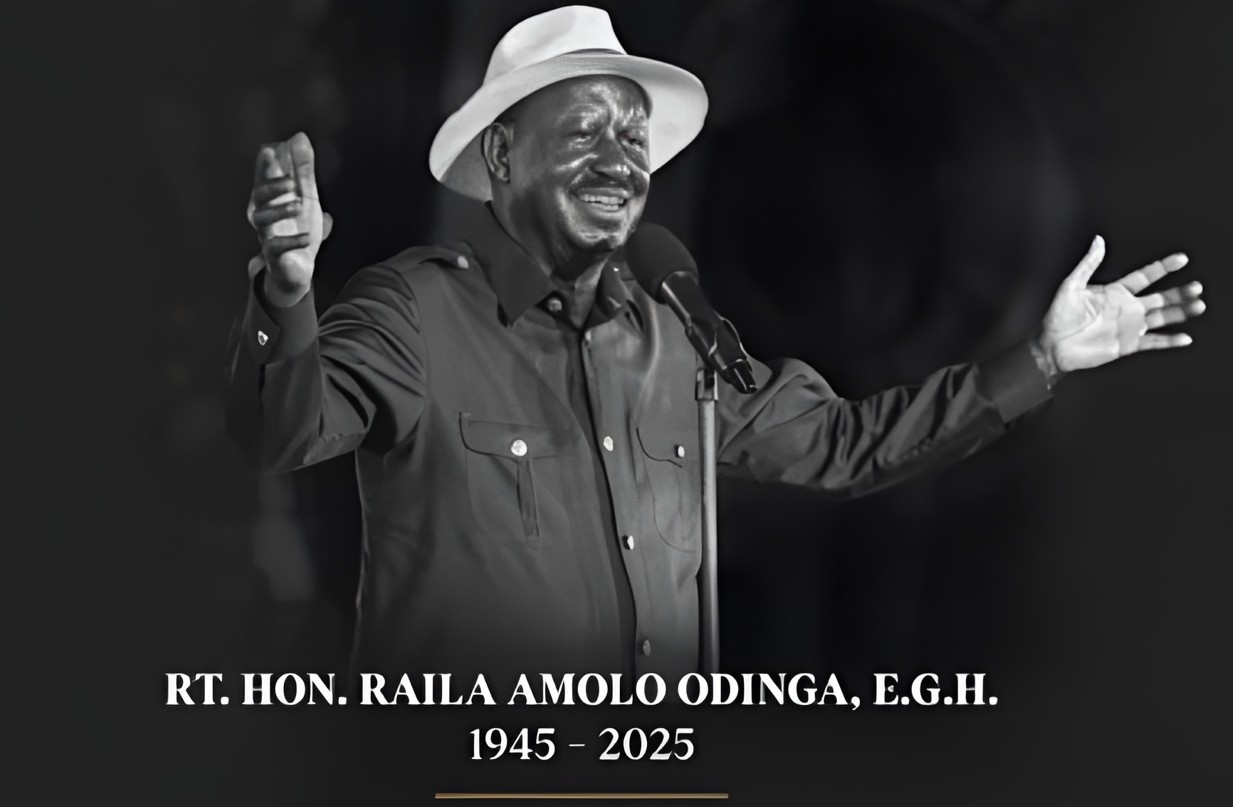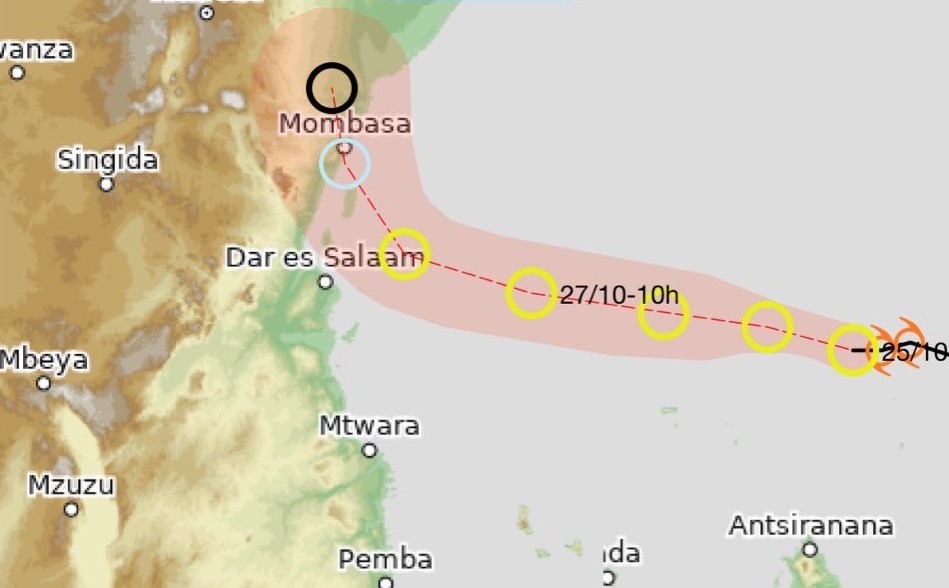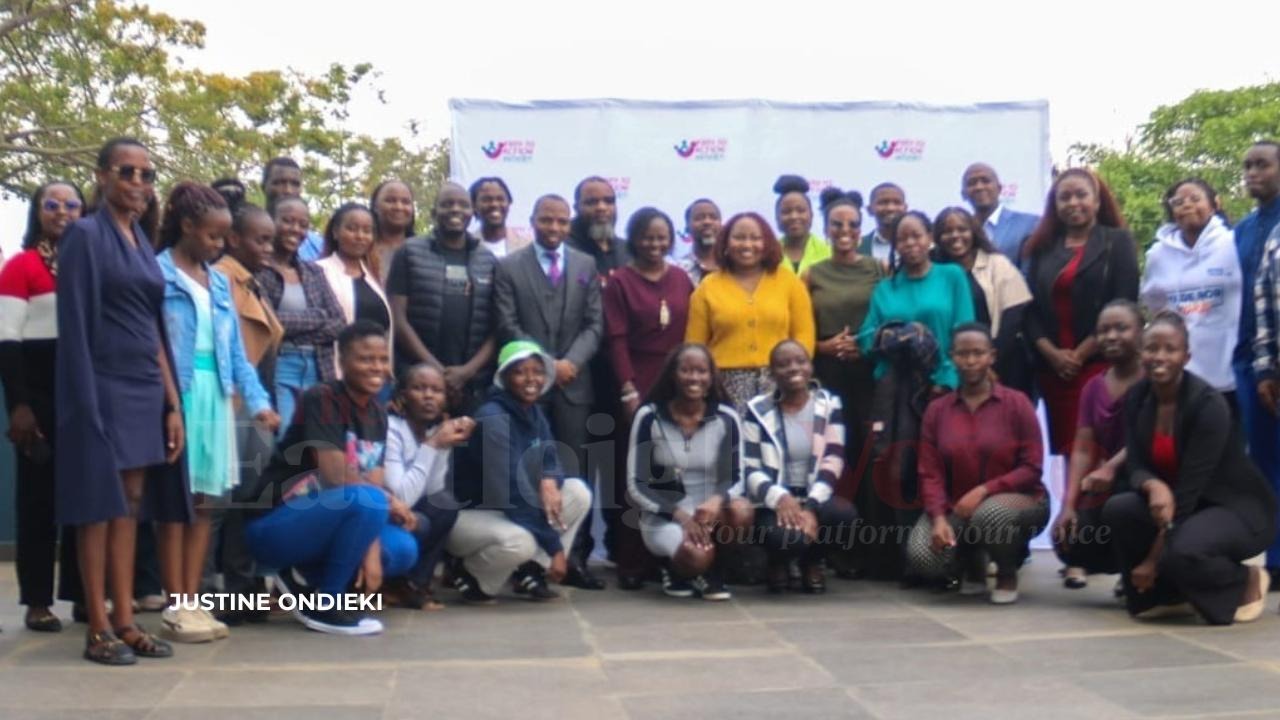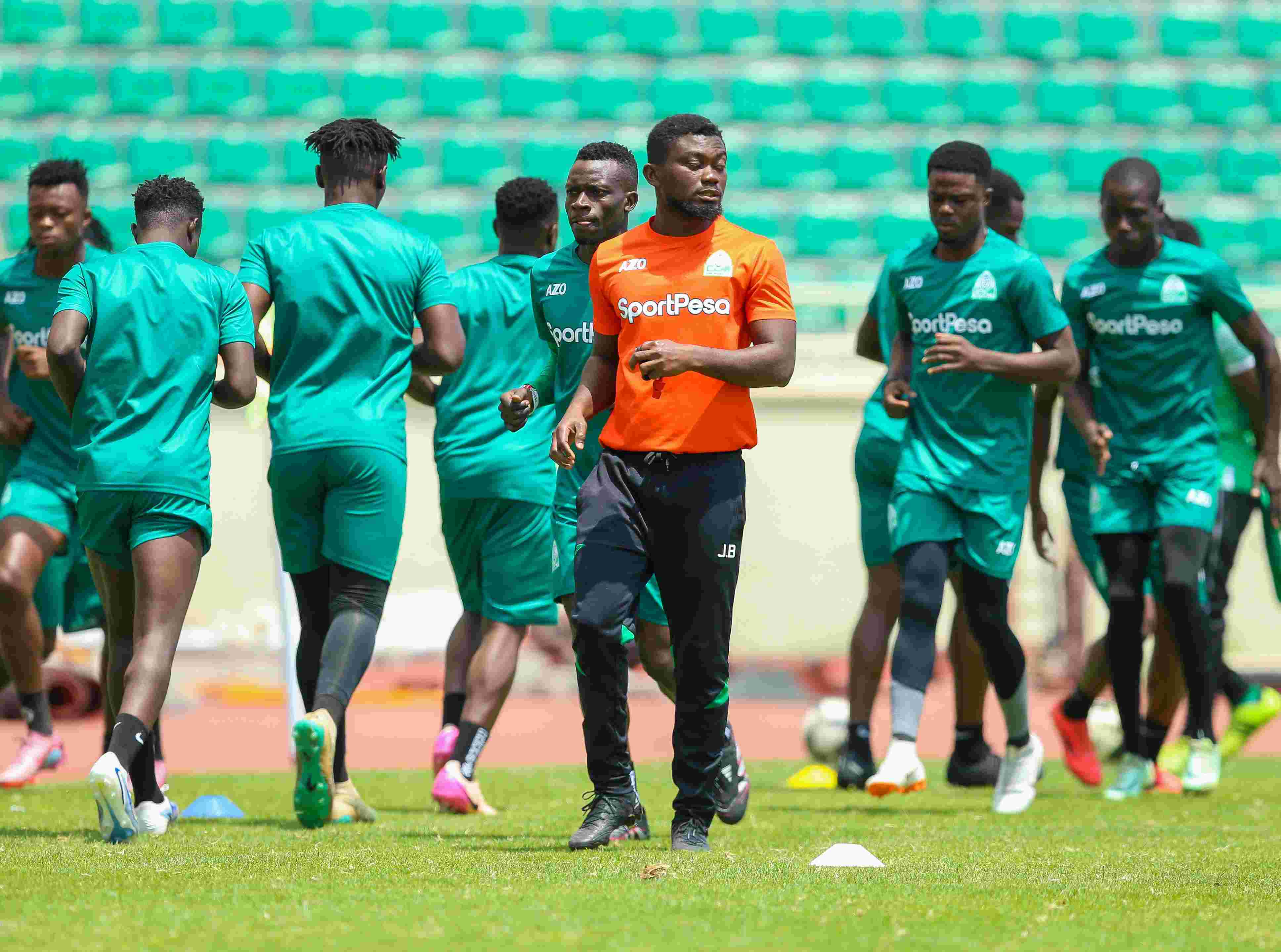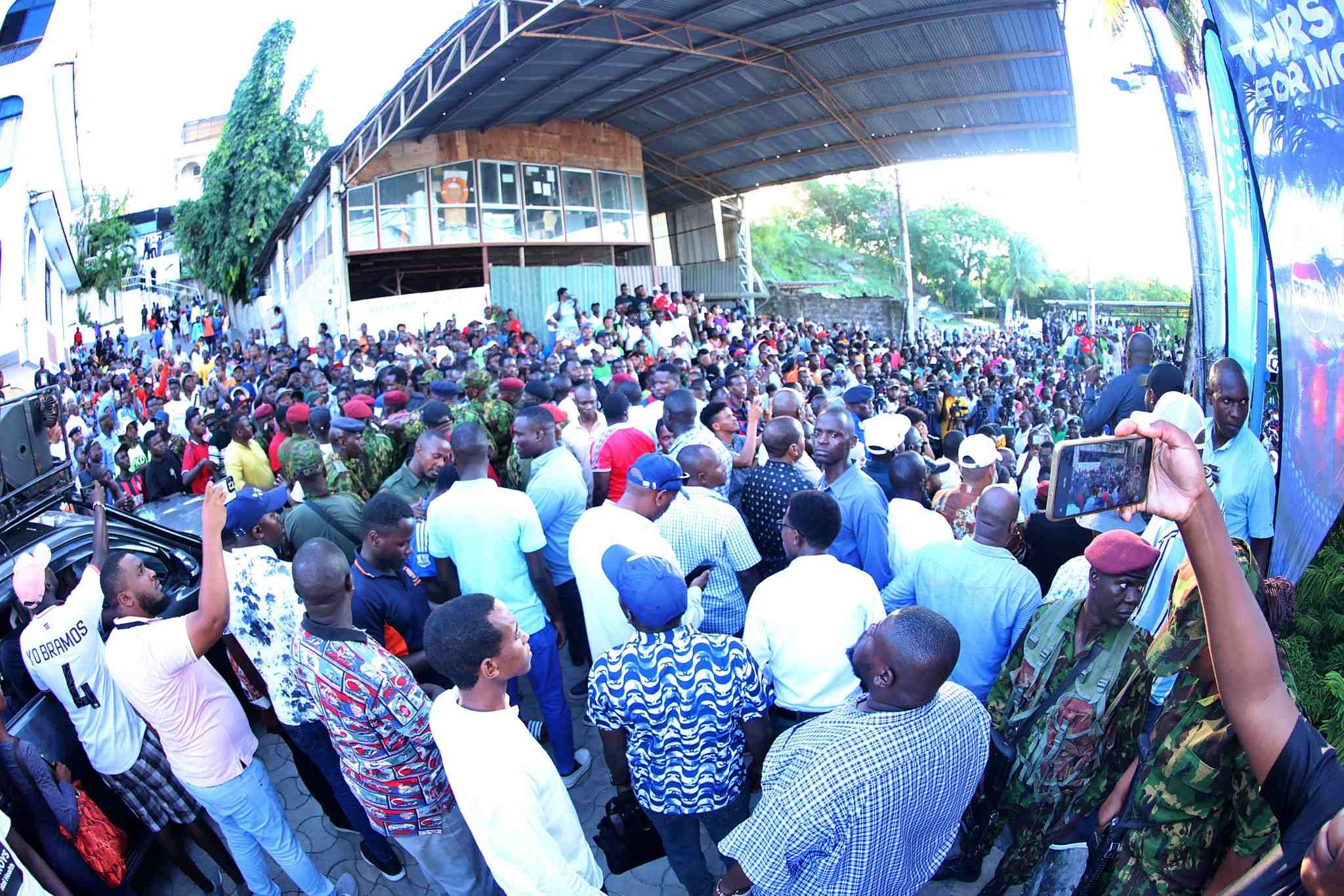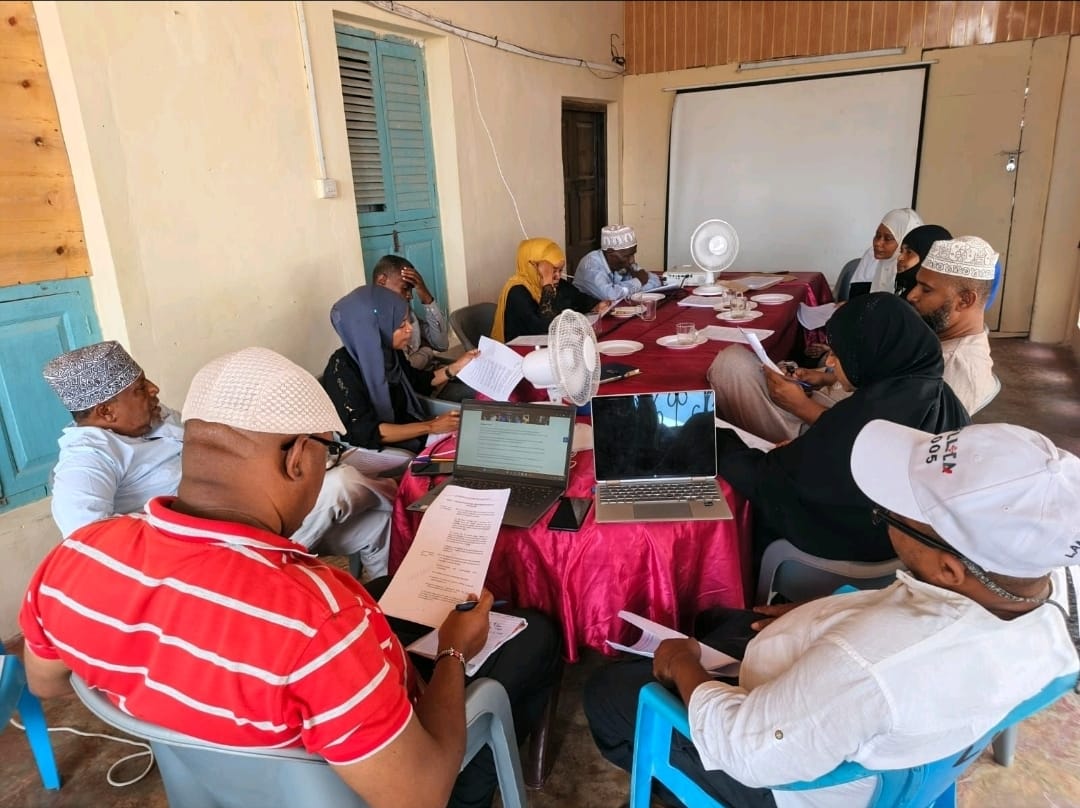Religious leaders reject state bid to regulate faith-based groups, cite threat to worship freedom

The draft proposal seeks to establish a Religious Affairs Commission under a new statutory framework to oversee religious institutions.
Religious leaders across Kenya have rejected a government proposal seeking to regulate faith-based organisations, saying the move threatens freedom of worship and violates the constitutional separation between Church and State.
The leaders, drawn from Christian and Muslim groups, have criticised the Draft Religious Organisations Policy, 2024, and the accompanying Religious Organisations Bill being developed by the Office of the Prime Cabinet Secretary to regulate religious groups.
More To Read
- Petition seeks legal framework to regulate theological colleges in Kenya
- Garissa peace advocates demand end to inter-communal land skirmishes fuelling violence
- Section of SUPKEM members demand fresh elections amid protests over leadership
- NACADA, clergy join forces to confront drug crisis at the Coast
- Quba Mosque reopens after Garissa Governor Nathif Jama, SUPKEM broker peace
- 5,000 Kenyan Muslims to take part in 2026 Hajj pilgrimage
Deliverance Church International and the Supreme Council of Kenya Muslims (SUPKEM) have led faith organisations in condemning the proposal, arguing that it undermines the independence of religious institutions and introduces government interference in spiritual matters.
The proposed law, which is yet to be submitted to Parliament, stems from recommendations by the Taskforce on the Review of the Legal and Regulatory Framework Governing Religious Organisations in Kenya, chaired by Rev (Rtd) Mutava Musyimi.
The Executive Council of Deliverance Church International said the draft law would violate religious freedom if passed in its current form. In a letter signed by Bishop Geoffrey Njuguna, an executive committee member, on behalf of the church council, the church warned that the proposed framework would subject religious organisations to government control, treating them like State-funded departments or parastatals.
“It infringes on the constitutional right to freedom of religion and the principle that Kenya shall have no State religion,” reads the letter.
“Again, the involvement of four government officials as commissioners out of a nine-member Religious Affairs Commission undermines the concept of self-regulation. Churches already operate under individual constitutions with clear policy guidelines.”
The letter was in response to a notice issued by the State Department for Parliamentary Affairs calling for public participation and submission of comments on the draft policy prepared by the Office of the Prime Cabinet Secretary and the Ministry of Foreign Affairs.
The draft proposal seeks to establish a Religious Affairs Commission under a new statutory framework to oversee religious institutions. However, Deliverance Church has rejected the idea, saying the proposal disregards the fact that more than 80 per cent of Kenyans are Christians, a key demographic consideration that has not been reflected in the draft law.
The Bill also proposes the creation of an umbrella body for religious organisations to facilitate self-regulation and the adoption of a hybrid model combining self-regulation and government oversight in line with the Constitution.
According to Deliverance Church, the proposed policy and Bill are being processed too hastily despite their far-reaching implications, and should instead undergo broad-based public consultations.
“To what extent will the new Bill stop Kenyans from joining dangerous cults like Shakahola? Since the perpetrator of the Shakahola deaths has been apprehended and is currently serving his jail term under existing laws, is there a real need for a new law? Wasn’t Shakahola a consequence of failure to implement existing laws rather than a vacuum in the law?” the church asked in its letter.
The Shakahola cult tragedy, in which more than 400 people died of starvation or were coerced to do so under the leadership of Paul Mackenzie, who is now facing a murder trial, prompted the formation of the Rev (Rtd) Musyimi-led task force to recommend measures for regulating religious organisations.
SUPKEM has also opposed the proposed law, saying it creates a false impression that Kenya lacks mechanisms for resolving disputes involving religious organisations.
SUPKEM National Chairperson Hassan Ole Naado said Kenya already has an existing legal framework under the Societies Act (Cap 108 Laws of Kenya), which governs registration, regulation, and oversight of religious bodies.
Other Topics To Read
- Headlines
- National
- SUPKEM
- Supreme Council of Kenya Muslims
- Religious Leaders
- Religious Organisations Bill
- religious extremism
- Presidential Taskforce on Religious Organisations
- Draft Religious Organisations Policy
- Religious leaders reject state bid to regulate faith-based groups
- cite threat to worship freedom
“It’s the Supreme Council’s position that, since we have the Societies Act, the Religious Organisations Bill is legislative overkill and should be abandoned altogether,” Hassan said.
“We don’t need an entirely new law to cure gaps that could have allowed Shakahola to happen. What we know is that Shakahola happened because duty bearers slept on the job.”
Some churches have gone further to demand the complete withdrawal of the Religious Organisations Bill, 2024, which is currently undergoing public participation.
Led by the Pentecostal Voice of Kenya (PVK), the churches argue that several clauses in the proposed law would restrict their ability to criticise the government on matters affecting the public.
They also claim that the Bill imposes stringent registration requirements, including the need for at least 50 members and three office bearers, each holding a degree, diploma or certificate in theology.
Additionally, the Bill requires those seeking to register new religious organisations to obtain a recommendation letter from an umbrella religious body, a move the Pentecostals say undermines smaller churches.
“Such requirements only serve the interests of established umbrella organisations and strip away the doctrinal and operational independence of smaller, especially Pentecostal, churches,” PVK Secretary General Habil Olembo said.
“It also makes it difficult for people to form churches aligned with their own faith and beliefs.”
Clause 9 of the Bill proposes the creation of a Religious Affairs Commission to oversee policy and monitor compliance. The Commission would include representatives from the Conference of Catholic Churches, the National Council of Churches of Kenya (NCCK), and the Evangelical Alliance of Kenya.
However, Pentecostal leaders argue that these organisations do not reflect the country’s full religious diversity and largely represent groups aligned with the State.
“The Bill hides vague clauses that criminalise spiritual deliverance, healing, tithing, or even association with political leaders,” PVK said in a statement.
As public participation continues, religious leaders are calling on the government to withdraw the Bill and instead strengthen enforcement of existing laws to curb abuse and exploitation in faith-based organisations without infringing on constitutional freedoms.
Top Stories Today
